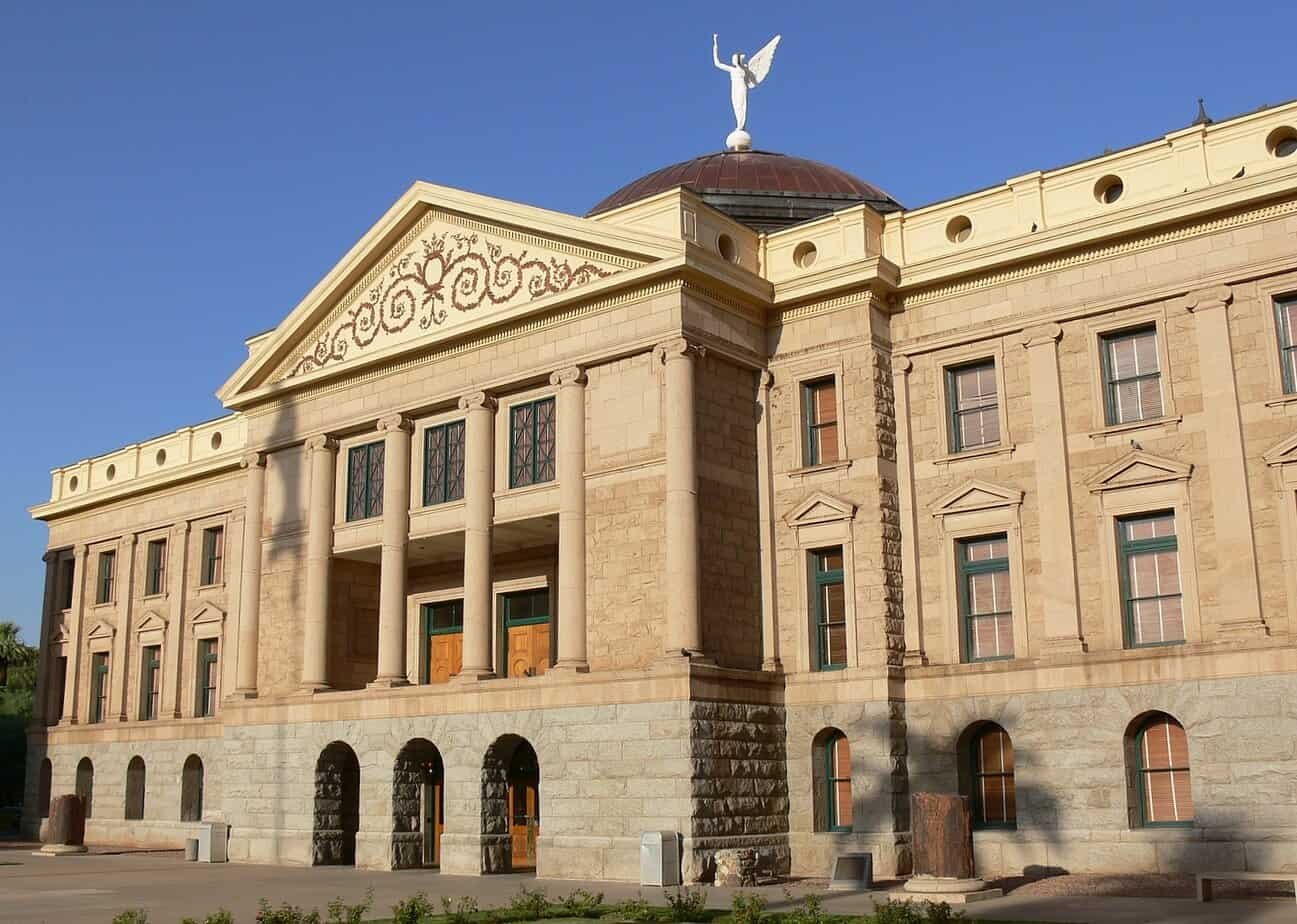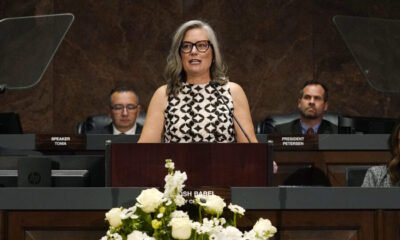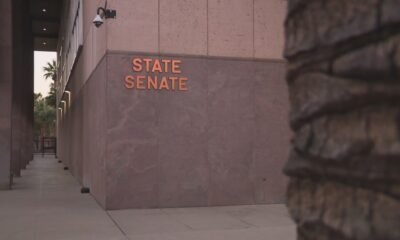City News
City-Backed Short-Term Rental Bills Stumble in Legislature

The Sedona City Council convened recently to assess the status of various bills progressing through the Arizona State Legislature. The discussions revealed a lack of support for the city’s legislative priorities this session, particularly regarding short-term rentals, as articulated by city lobbyist Kathy Senseman during the council meeting on February 11.
According to Senseman, the House of Representatives is unlikely to advance any short-term rental legislation this session, attributing the decision to property rights concerns. The deadline for filing bills was February 10. Under Arizona law, the legislative session must conclude after 100 days by April 22, although it may be extended by a week or more through a majority vote. Additionally, lawmakers face a pressing deadline to finalize the state budget by June 30.
During the meeting, Senseman reported significant resistance to the governor’s proposed budget, particularly from Republican legislators. The projected budget deficit, estimated to reach $800 million in the third year, coupled with requests from state agencies for $340 million in supplemental funding, further complicates discussions.
“Senate President Warren Petersen has indicated that without a consensus with the governor on specific issues she has vetoed, they might consider referring these matters to the ballot,” Senseman remarked, expressing concern over the implications of such referrals.
City Attorney Kurt Christianson noted the introduction of 1,801 bills this session. The council expressed support for several pieces of legislation, including HB2303 and HB2308, both sponsored by Rep. Selina Bliss, which address the regulation of short-term rentals. Christianson emphasized a more selective approach to supporting bills related to short-term rentals this year.
Senseman also provided insight into the legislative landscape, citing a meeting where staff members indicated a reluctance to assign bills for consideration until the last days of the session. “We had significant debates around private property rights,” she noted, referencing some staff reactions to her arguments.
As for opposition, the council agreed to oppose several bills, including HB1517 and HB2221, both of which could impact local governance and funding. HB2317 and HB2319, which seek to limit municipal regulation on home design aesthetics, also faced opposition.
Some bills of potential interest to Sedona residents include HB2289, which proposes raising Arizona’s minimum wage to $18 per hour, and HB2904, aimed at preventing landlords from terminating leases for tenants who use marijuana. Additionally, legislation addressing issues from firearm sales to health care discrimination based on vaccination status was also introduced.
The Sedona City Council continues to navigate a complex legislative environment, advocating for local interests while grappling with numerous state-level challenges.

















